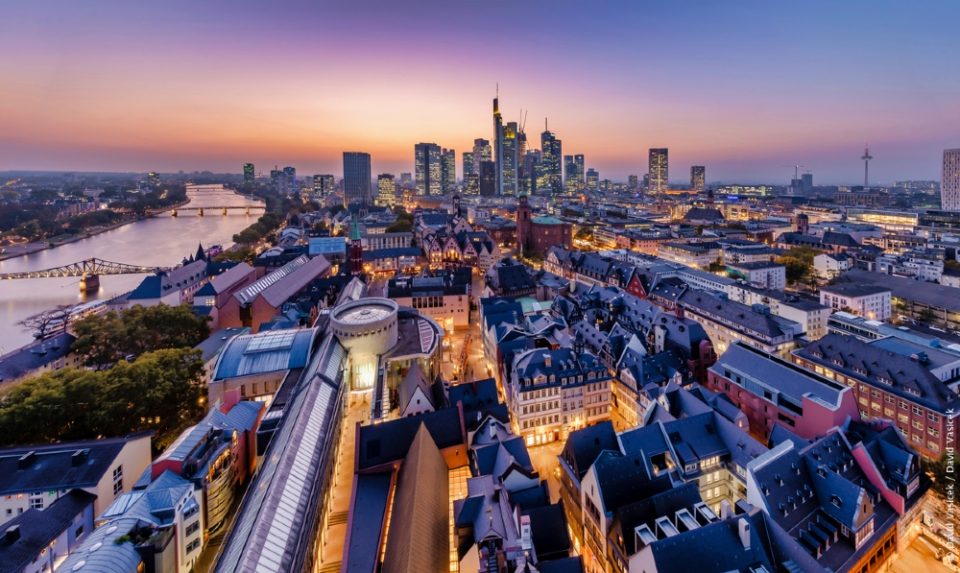As expected, German incoming tourism suffered massive losses in 2020. At the same time, the importance of European source markets for Germany’s inbound tourism increased again during the Covid 19 pandemic. This is evident from the detailed overnight stay figures now available from the German Federal Statistical Office.
Accordingly, from January to December 2020, a total of 32.0 million international overnight stays were registered in hotels and accommodation establishments with at least ten beds – a decrease of 64.4 percent compared to the previous year. This represents a drop in the ten record years, the number of overnight stays fell to around the same level as in the period immediately after reunification.
In 2020, guests from Europe generated 27.2 million overnight stays. This means that Europe’s share of the total rose from 74 to 85 percent.
Overall, the German states of Bavaria, Baden- Württemberg, North Rhine-Westphalia, Berlin and Hesse recorded 45 million fewer international overnight stays than in 2019 – this represents around 75 percent of the total decline in German inbound travel in 2020.
Petra Hedorfer, Chairwoman of the Board of the German National Tourist Board (GNTB), “The Covid 19 pandemic initially affected all source and destination markets of international tourism equally. However, during the recovery phase in the summer months of 2020, we were already able to welcome travelers from the neighboring countries again. Increasing demand from overseas markets was countered by applicable travel restrictions and corresponding flight capacities.”
For example, according to Forward Keys analysis, flight capacity in 2020 was 62 percent below 2019 volumes, with global flight arrivals to Germany down 70.4 percent year-over-year. The declines from the major markets were significantly higher than from the 13 strongest EU source markets (down 67 percent).
Rim states stabilize incoming The nine countries bordering Germany generated 56.6 percent of all international overnight stays in 2020 – in 2019, their share was 42.5 percent. In 2020, the Netherlands was the highest-volume source market for Destination Germany, with 5.8 million overnight stays and a market share of 18.1 percent. Switzerland followed in second place with 3.1 million overnight stays (market share 9.8 percent).
Poland rose from eighth to third place in the ranking of incoming markets with 2.2 million overnight stays and a market share of 7.0 percent. Austria (1.9 million overnight stays) and Denmark (1.5 million) came in second.
The most important overseas markets in 2020 were the USA (1.5 million overnight stays) and China (0.4 million overnight stays).
Tourist destinations: from the city to the countryside
The hotel industry – especially in the cities – was hit harder than average by the pandemic-related declines in 2020. For example, the number of international overnight stays in cities with over 100,000 inhabitants fell by 71.4 percent year- on-year.
This is also reflected in the results of the city states of Berlin (minus 76.0 percent) and Hamburg (down 69.7 percent) and is striking in light of the fact that Germany was the market leader in Europeans’ city and cultural trips until 2019, is particularly significant. At the same time, the decline in international overnight stays at campsites was much more moderate at minus 53.8 percent.

